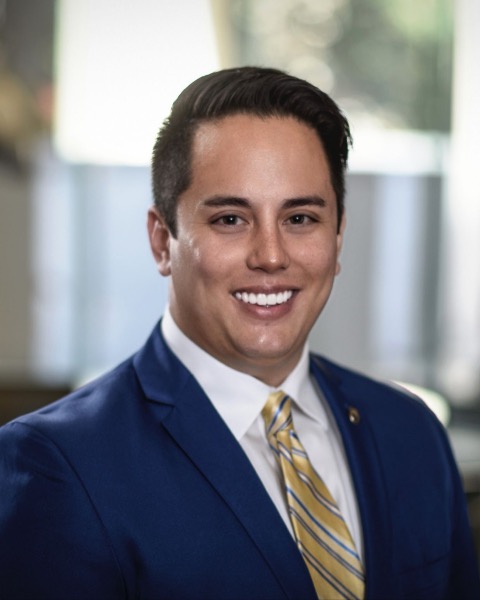
Enrico R. Barrozo, PhD
Baylor College of Medicine and Texas Children’s Hospital
Houston, TX, United States
Dr. Enrico R. Barrozo is a postdoctoral research associate at Baylor College of Medicine and Texas Children’s Hospital. In his role, he strives to comprehend the rules governing host-microbe interactions and early immune development. Dr. Barrozo has successfully obtained funding, including an NSF postdoctoral fellowship, an NIH Loan Repayment Award in Pediatrics, an R03-equivelent Maternal and Infant Environmental Health Riskscape (MIEHR) Pilot Award, and a $100,000 Career Development Award from the American Society for Gene & Cell Therapy (ASGCT). With this funding, he has pioneered spatial transcriptomics in human and mouse placenta tissue, identifying immune microenvironments in congenital ZIKV mouse models and placentae from human COVID-19 gravidae. He applies this approach to comprehend how environmental exposures, such as microplastic accumulation in the placenta, correlate with health disparities and developmental immunotoxicology. In addition, he has conducted groundbreaking single-cell RNA-sequencing (scRNA-seq) studies on amniotic fluid and fetal cerebrospinal fluid (CSF) cells collected during laparoscopic fetoscopic repair of spina bifida. His research has revealed clonal expansion and activation of fetal T cells as early as the second trimester in utero. Furthermore, Dr. Barrozo's team generated the first scRNA-seq data from pediatric RSV + SARS-CoV-2 co-infected subjects, uncovering synergistic and antagonistic innate immune responses. The combination of his training in multiomics, viral pathogenesis, and environmental exposures lends to a promising niche that aligns with the directives of the NICHD, NIAID, NIEHS, and NIMHD. Dr. Barrozo believes that continued mentorship in maternal-fetal immunology and microbiome research will further enhance his capabilities. He is committed to leveraging Baylor's intellectual resources and Texas Children’s Hospital's facilities to explore genetic, environmental, and microbial molecular mechanisms driving perinatal and pediatric disease states.
Presentation(s):
-
Tuesday, February 13, 2024
1:30 PM - 1:45 PM

